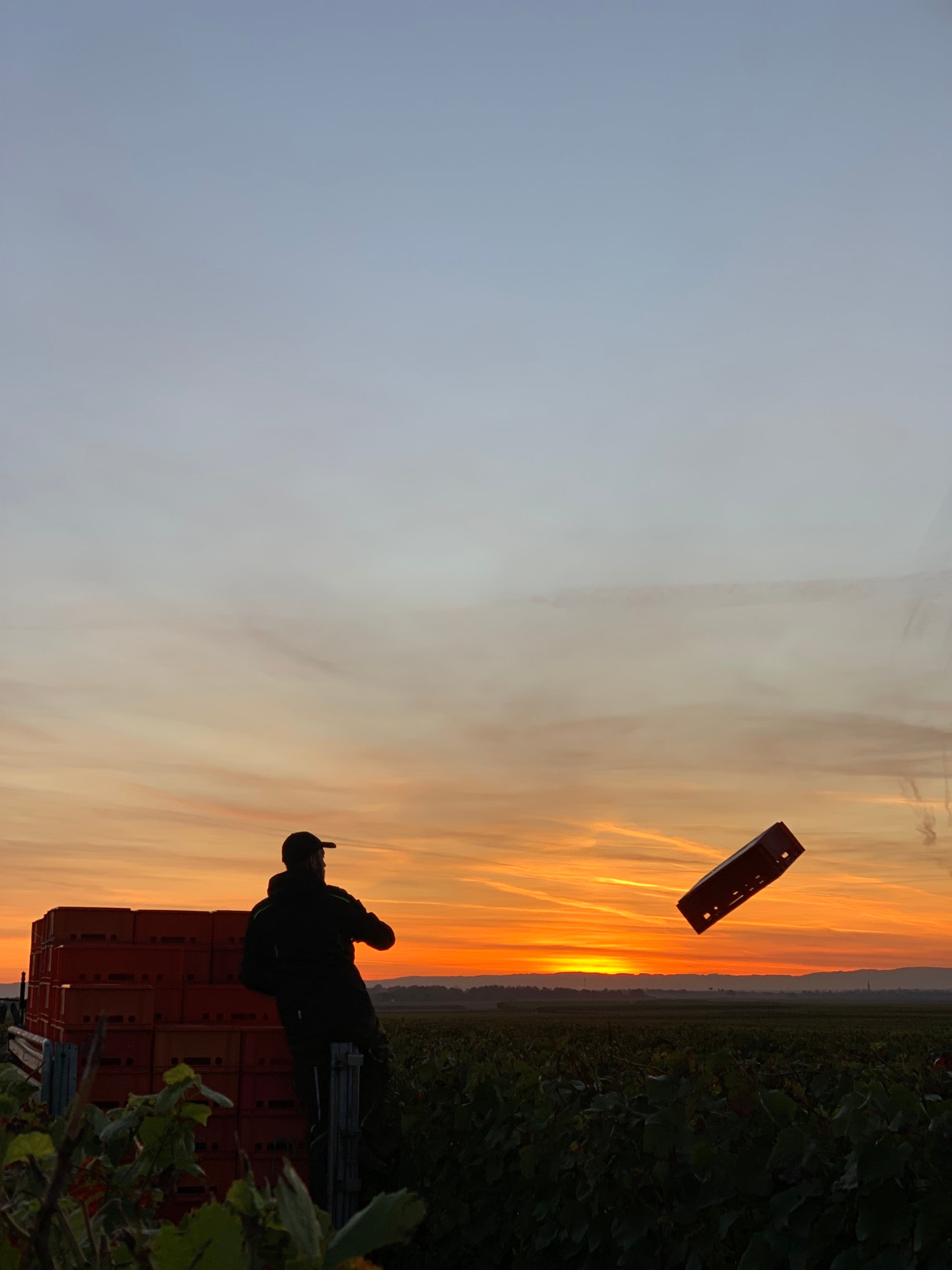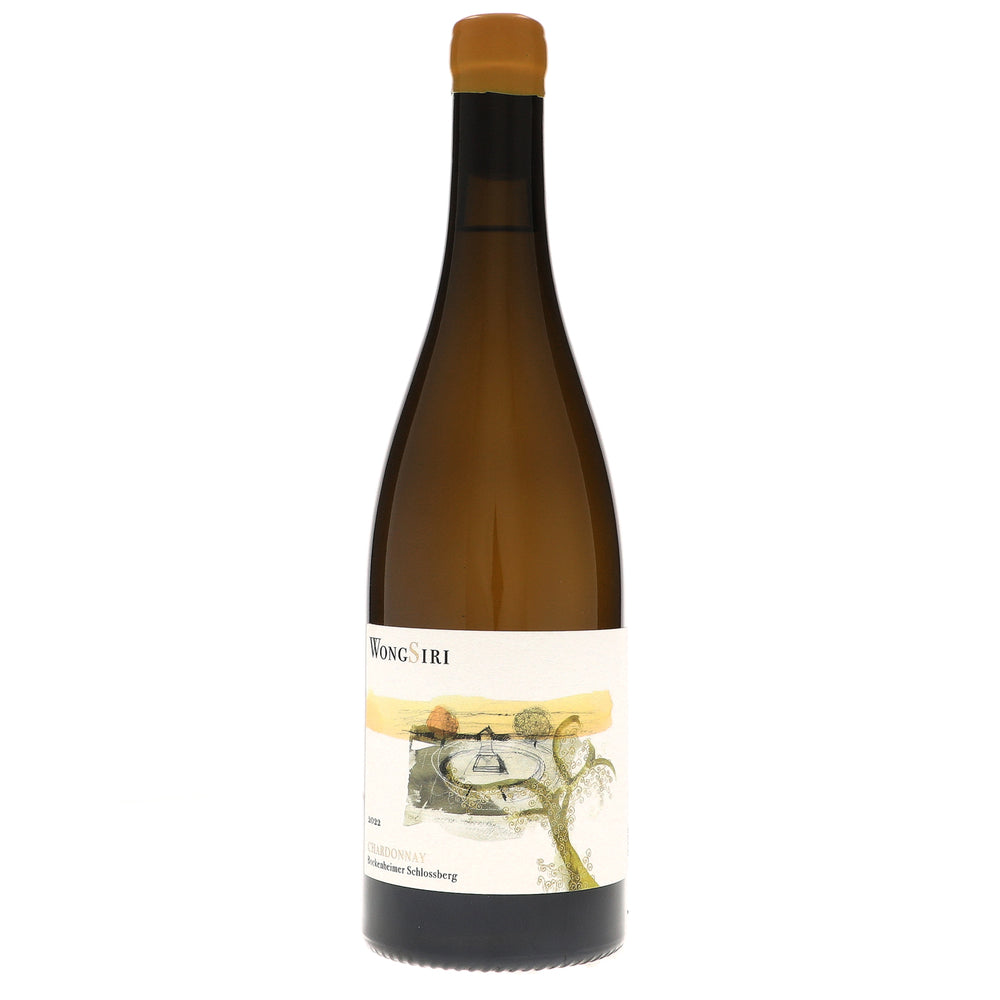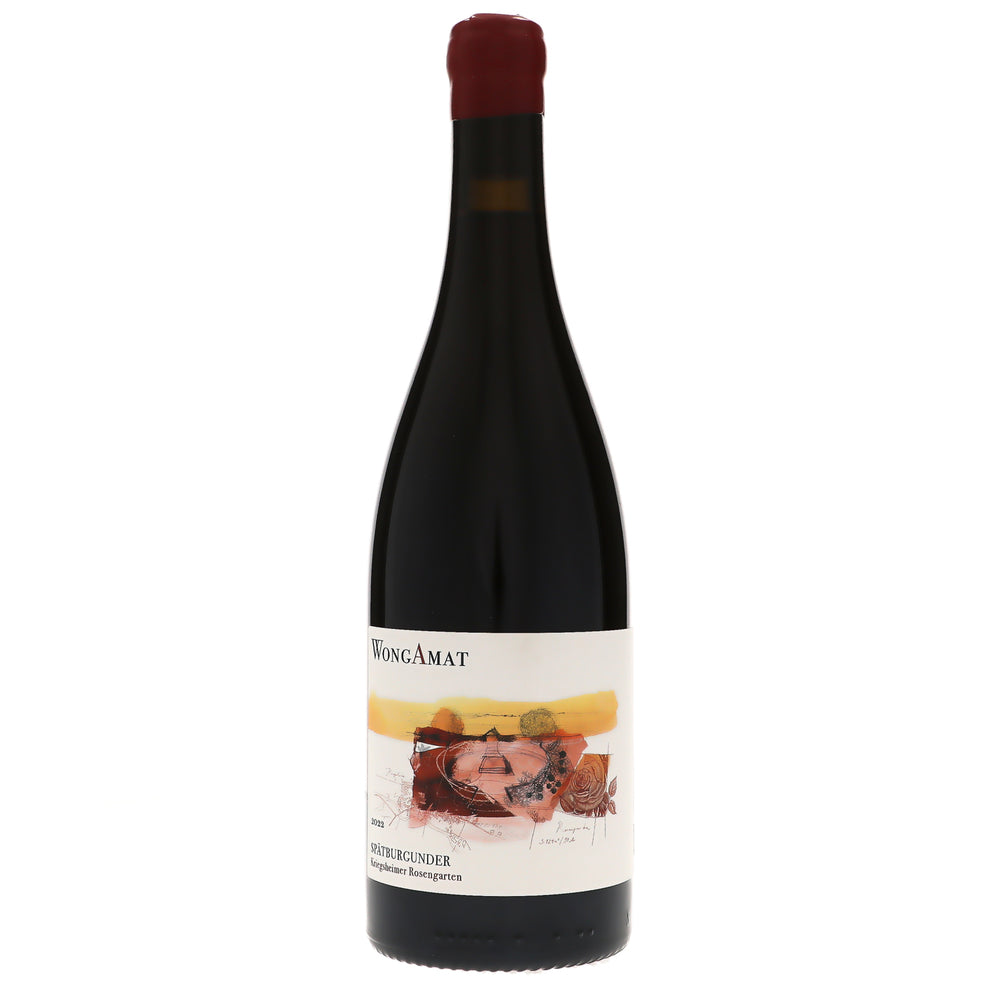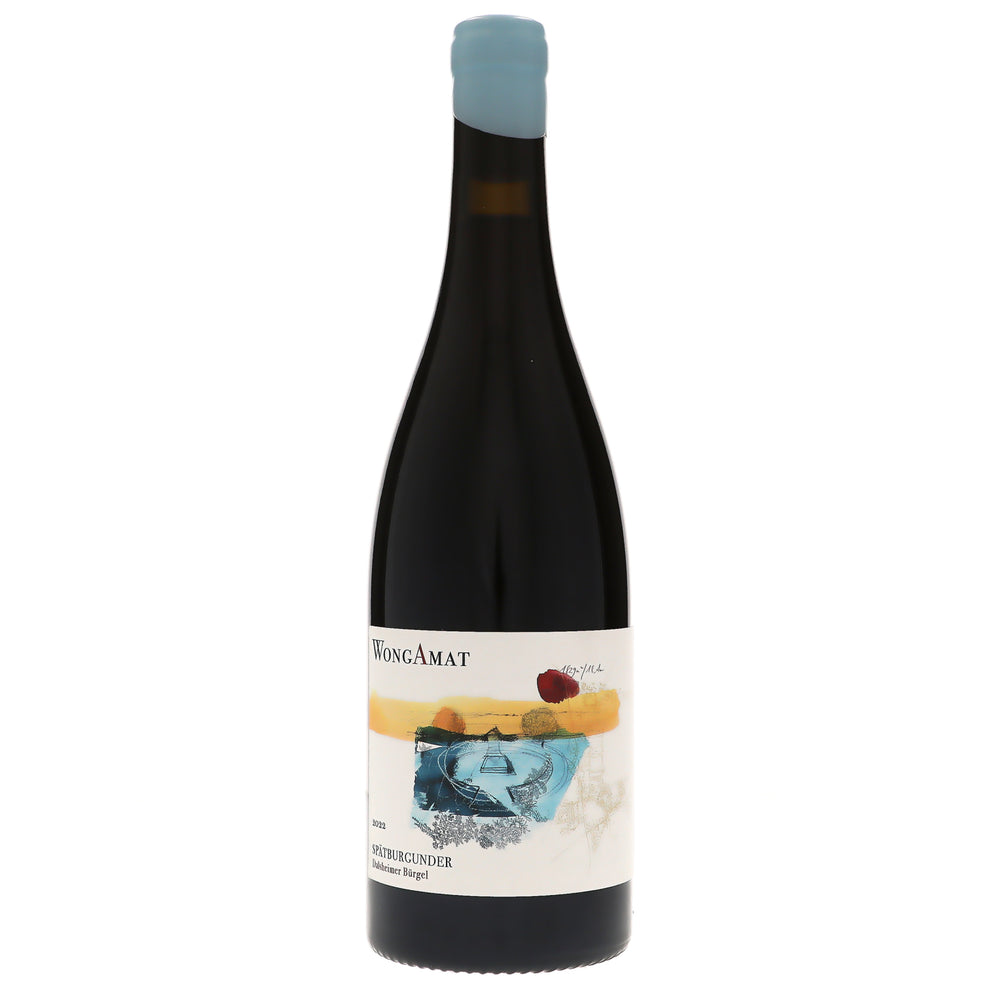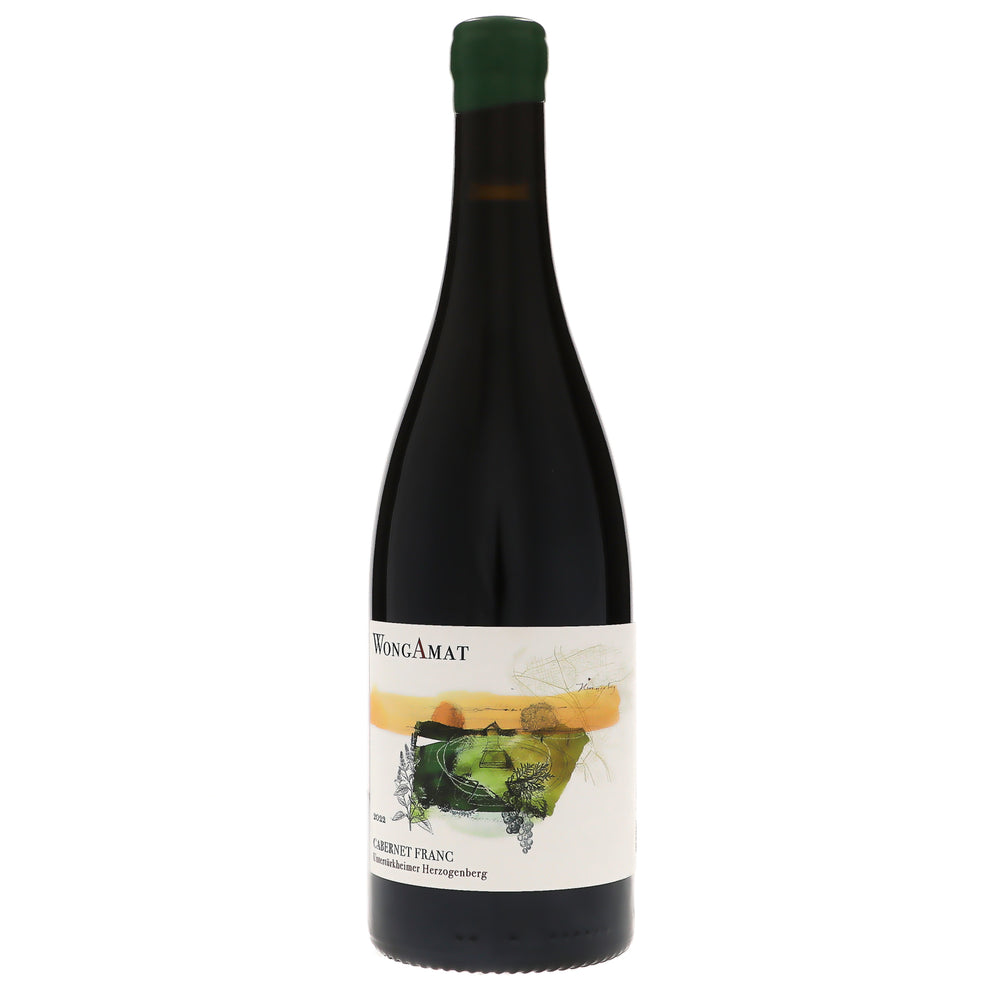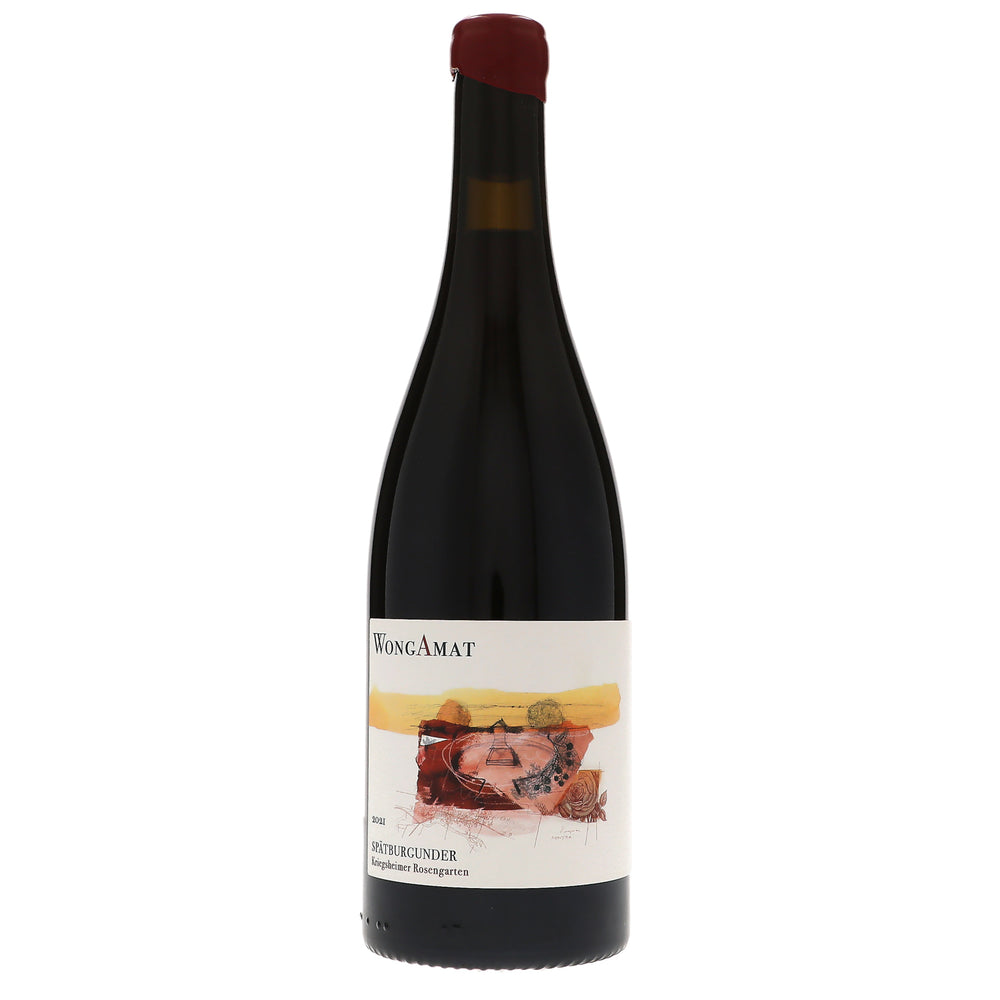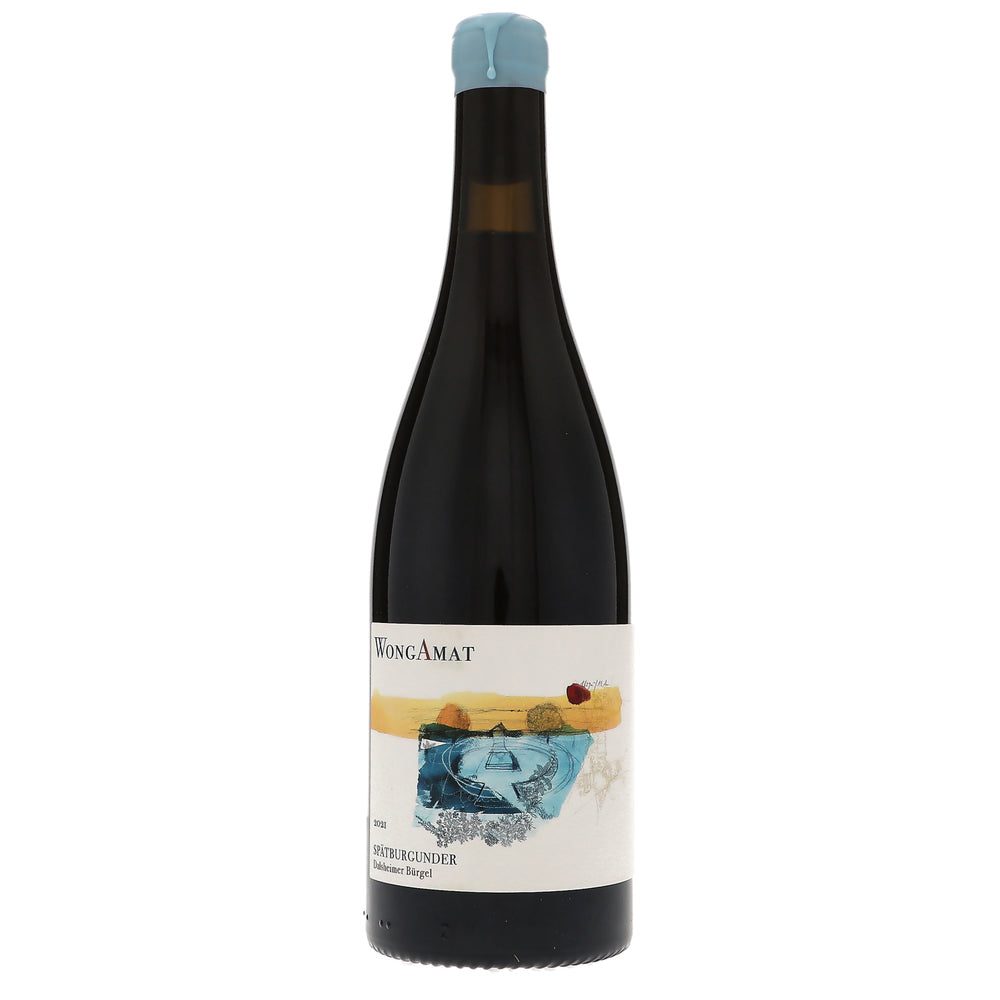Jan Wongse Raumland | WongAmat & WongSiri
Rheinhessen
Jan Wongse Raumland has found a way to integrate his Thai and German descent into his new project, Wongamat. The name Wongamat represents his Thai family name, WongseAmatyakul. In Southeast Asia, the WongAmats are known for their exceptional craftsmanship, social connections, and tradition of charitable work. When we first tasted the samples Jan sent us, exceptional craftsmanship and connections to the vineyard were at the forefront of my palate.
Jan grew up in Bonn and moved to Siefersheim in Rheinhessen at the age of 6, where he was surrounded by vines. His passion for wine came through the gateway of gastronomy. He started working in restaurants at a young age and was fortunate to land in one with an exceptional wine list. His natural palate for wine led him to become a sommelier, with the ability to influence the wine list. After college, Jan traveled, spending some time back home in Thailand, working and visiting various wine bars and restaurants. Then, he received a call: "Jan, I heard you don't know where to go. Would you like to do an internship at my place?" It was a winemaker offering an opportunity. Jan returned home to the Rheinhessen, and everything fell into place. On his second day, standing in the vineyard at 7am with the sun rising, he realized, "This is what I want to do until retirement and beyond."
After wondering why Emrich-Schoenleber and Schaefer-Froehlich's Monzinger Halenbergtasted so different, Jan decided to find out for himself. He applied as an apprentice winemaker at Emrich-Schoenleber in 2016. In 2017, Felix Keller, from the renowned Klaus Peter Keller winery, joined Emrich-Schoenleber, and they instantly clicked, sharing a passion, enthusiasm, and drive towards winemaking. They spent the next years visiting winemakers and refining their palates with influential wines from around the world to continue learning. Subsequently, they attended oenology school together while staying at the Klaus Peter Keller winery from 2018-2020. During an internship in South Africa, Hemel-en-Aarde Valley, Jan met Katharina Raumland. Things progressed quickly, and they returned home to Rheinhessen, moved in together, and Jan started working for the Raumland family, followed by a wedding!
Viticulture and Vinification
While Jan remains open-minded in the vineyard, there are a few beliefs he finds paramount to the success of the vineyard each year: 100% organic practices and teamwork. It's not just one person or one element in the vineyard, but the collective effort of many people, the vines themselves, the soils, and the shared philosophy of all the aforementioned. They place the highest value on sustainability, ensuring the long-term health of the vines and soil, as well as protecting natural biodiversity. In this spirit, they strictly adhere to organic practices, drawing inspiration from agroforestry, regenerative agriculture, and biodynamic farming, while remaining open to new approaches. What happens in the vineyards is based on observation and intuition. Jan's goal is freshness. He keeps his vines at 1.1-1.3 meters, which is higher than most vineyards. The vine rows are kept completely green, helping to cool down the vineyard and promoting biodiversity in the soil. Although this approach may change from year to year, in general, the canopy is reduced to only 70 cm, while the standard in Germany is 1.2 meters. This reduction saves water, as the greatest water loss occurs through transpiration, which is the sweating of the leaves. Additionally, the reduced assimilation surface delays grape ripening and gives the grapes more time for aroma development and mineral absorption, resulting in more extract in the wines. Jan remains open-minded and adaptable to sun-poor, wet years like 2021, refraining from cutting the canopy and may even wrap the shoots to retain as much assimilation surface as possible, achieving good grape ripening even with fewer hours of sunlight.
The selection of grapes is done with extreme care, always during the coolest hours of the morning. Only fully ripe berries with crunchy and fruity flavors are chosen. Any berries that are not perfect or lack tension are not used in the fermentation process. The grapes are destemmed very carefully and at a cooler temperature to avoid extracting any liquid from the berries. After resting for 2-3 days, the berries are crushed barefoot. Jan believes that this method allows him to feel the fermentation process happening and provides energy and natural body heat to aid in a healthy fermentation. Subsequent steps are carried out using gravity. After approximately 10 days, when the skins become leathery and the seeds hollow, pressing takes place to preserve the fruit. The free-run juice and the pressed juice are stored separately in stainless steel tanks and fermented to completion there. After the fermentation process is complete, the wine is transferred to barriques and constantly topped up. In November of the following year (approximately 14 months later), the wines are blended in stainless steel tanks and stored. They are lightly sulfured and bottled in December. The early bottling serves to preserve the fruit and allows for cool bottling.




